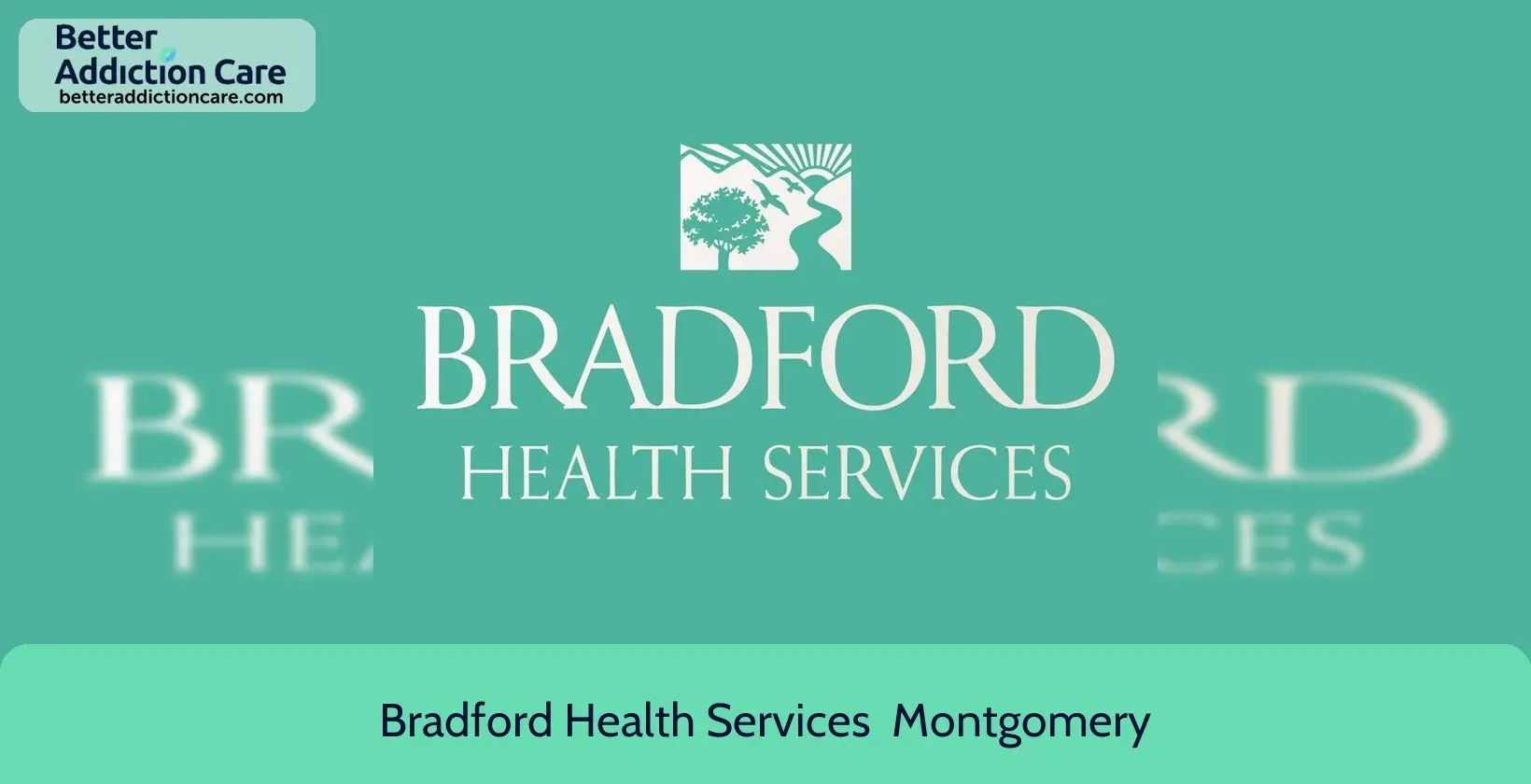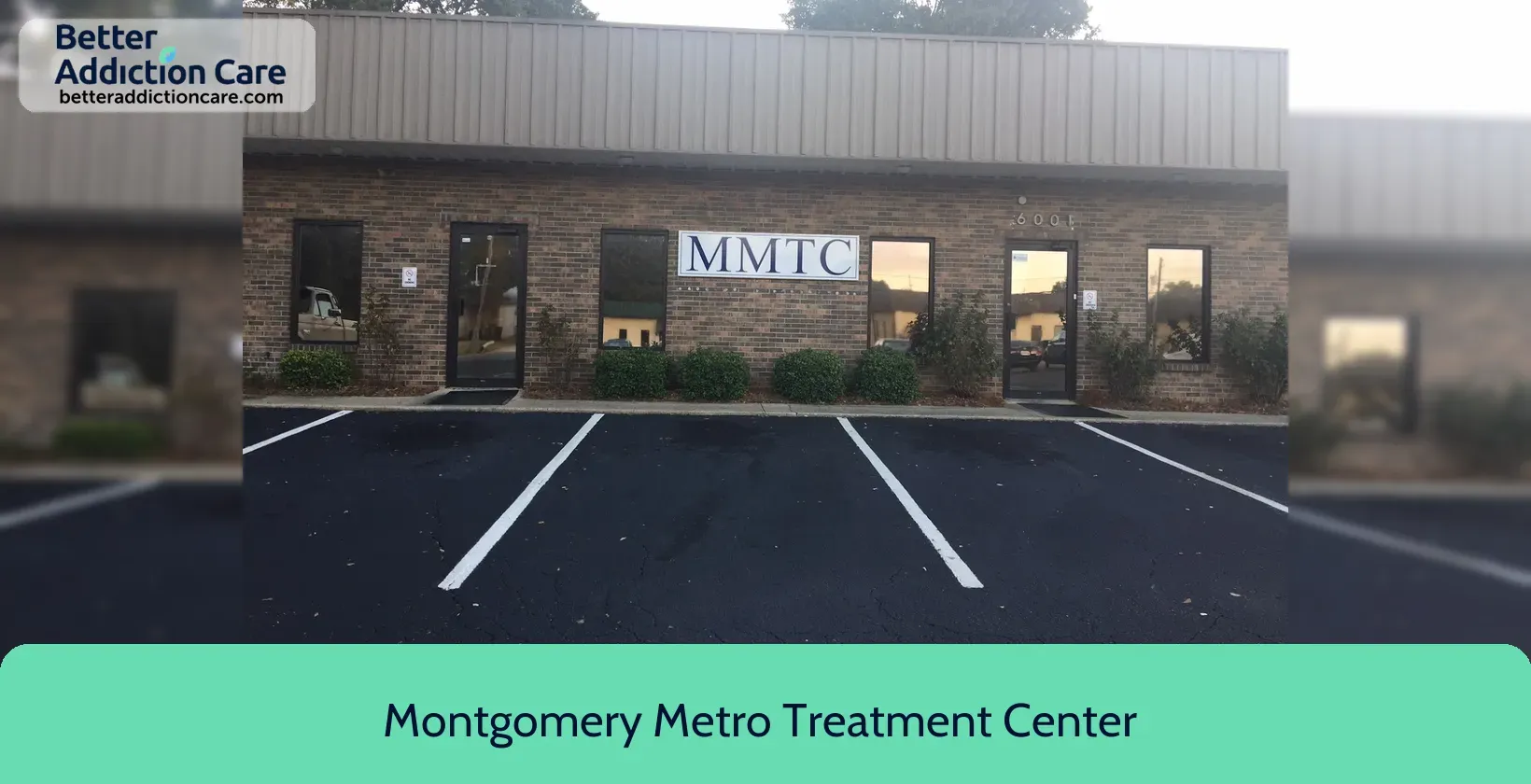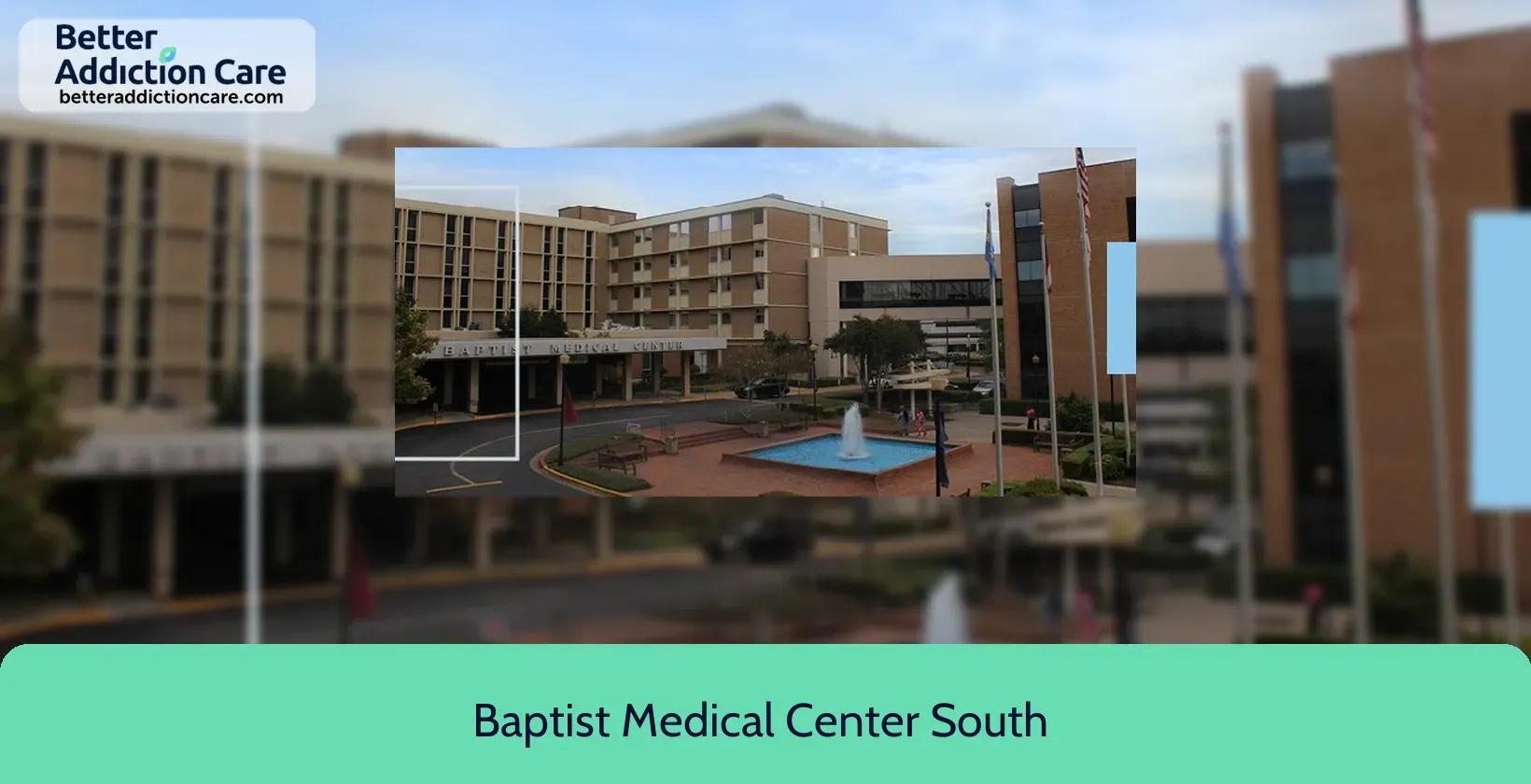Montgomery Area Mental Health Authority - Beth Manor Crisis Residential Facility

Overview
Montgomery Area Mental Health Authority - Beth Manor Crisis Residential Facility is a mental health treatment center for people seeking treatment near Montgomery County. As part of their treatment modalities for recovery, Montgomery Area Mental Health Authority - Beth Manor Crisis Residential Facility provides group counseling, cognitive behavioral therapy, and activity therapy during treatment. Montgomery Area Mental Health Authority - Beth Manor Crisis Residential Facility is located in Montgomery, Alabama, accepting cash or self-payment for treatment.
Montgomery Area Mental Health Authority - Beth Manor Crisis Residential Facility at a Glance
Payment Options
- Cash or self-payment
- Medicaid
- Medicare
- State-financed health insurance plan other than Medicaid
- Private health insurance
Assessments
- Screening for tobacco use
- Comprehensive mental health assessment
- Comprehensive substance use assessment
Age Groups
- Young adults
- Adults
- Seniors
Ancillary Services
- Case management service
- Court-ordered outpatient treatment
- Diet and exercise counseling
- Family psychoeducation
- Integrated primary care services
Highlights About Montgomery Area Mental Health Authority - Beth Manor Crisis Residential Facility
6.62/10
With an overall rating of 6.62/10, this facility has following balanced range of services. Alcohol Rehabilitation: 8.00/10, Drug Rehab and Detox: 6.00/10, Insurance and Payments: 6.00/10, Treatment Options: 6.49/10.-
Alcohol Rehabilitation 8.00
-
Treatment Options 6.49
-
Drug Rehab and Detox 6.00
-
Insurance and Payments 6.00
Treatment At Montgomery Area Mental Health Authority - Beth Manor Crisis Residential Facility
Treatment Conditions
- Mental health treatment
- Substance use treatment
- Co-occurring Disorders
Care Levels
- Hospital inpatient treatment
- Partial Hospitalization Program
Treatment Modalities
- Group counseling
- Cognitive behavioral therapy
- Activity therapy
- Telemedicine/telehealth therapy
- Abnormal involuntary movement scale
Ancillary Services
Languages
- Sign language services for the deaf and hard of hearing
Additional Services
- Pharmacotherapies administered during treatment
- Metabolic syndrome monitoring
Special Programs
- Persons 18 and older with serious mental illness (SMI)
Get Help Now
Common Questions About Montgomery Area Mental Health Authority - Beth Manor Crisis Residential Facility
Contact Information
Other Facilities in Montgomery

6.62

6.82

6.91

6.89

7.45

7.56

6.72
Browse rehab centers near Montgomery and in other cities across Alabama
DISCLAIMER: The facility name, logo and brand are the property and registered trademarks of Baptist Medical Center South - Crossbridge Behavioral Health, and are being used for identification and informational purposes only. Use of these names, logos and brands shall not imply endorsement. BetterAddictionCare.com is not affiliated with or sponsored by Baptist Medical Center South - Crossbridge Behavioral Health.
